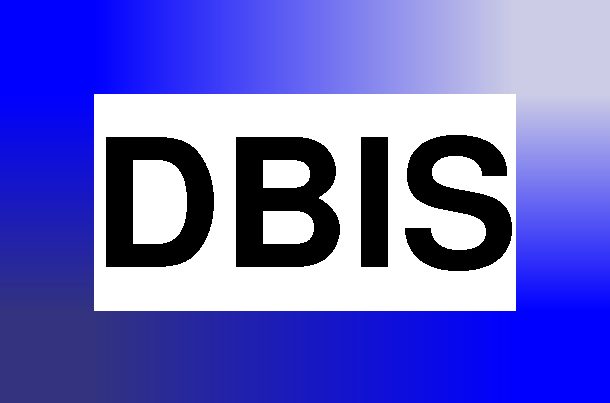Practical Course Semantic Web Technologies
Summer Term 2025
Note: this course does not give an introduction to Semantic Web, but builds upon
the knowledge from the Semantic Web WS 2024/25
lecture. The next introductory course to Semantic Web will prospectively take
place in WS 2025/26.
Prof. Dr. Wolfgang May
-
Date and Time: scheduled Friday 14-18, followup-meetings are flexible. The course meeting will not take place every week.
- Virtual Meetings: We will use BigBlueButton provided by GWDG;
the rooms/meetings can be entered via StudIP.
Please also read the general and technical information
about DBIS virtual teaching.
The course yields 6 ECTS-credits; it is graded (=benotet)
Prerequisites:
- Successful participation in the module "Semantic Web",
- Successful participation in the "General
Programming Lab/Allgemeines Programmierpraktikum" (or an equivalent course),
- or equivalent knowledge.
Course Description
The practical course builds upon the lecture
Semantic Web. Among other sources, the
Mondial database in RDF format
is used.
Documentation: use the slides from the
Semantic Web lecture (the full slide set can be found
here)
The course takes place in groups of 3-4 persons. There will be several
units.
Usually, for every unit there is a course meeting, and additionally
individual meetings with the groups.
Topics: Warm-Up: SPARQL revisited,
Linked Open Data, distributed queries in SPARQL (e.g. using Wikidata),
RDF/OWL with Java/Jena,
OWL and hybrid OWL+ (Datalog-style) rules reasoning,
Tools: OWLAPI (Manchester Syntax) +Protege, RDF4J (ex-Sesame),
Querying and analyzing OWL Metadata (which is not easily possible with only SPARQL),
(maybe: Web Services, if not taught before in the XML lab course)
Time Schedule
- 1. Meeting
25.4. (Friday), 14-16 ct
SR 2.101 in StudIP→BBB: Introduction, Formalities, SPARQL revisited
- Note: all mentioned days are the friday dates. The actual appointments are flexible at any day/time.
-
2.5.: online hands-on/group meeting (optional)
-
9.5.: Linked Open Data. Mondial as LOD example.
- Slides (from the lecture): Linked Open Data (LOD)
-
Other examples: Wikidata and its Modeling. DBPedia, ...
Some examples for HTML LOD SPARQL endpoints with Web forms to explore these sources:
Syntax of SPARQL functions and operators:
An URL-encoding service can be found here
- Exercise Sheet 2: Linked Open Data to be discussed until 6.6.
-
16.5.: Discussion of the first exercise sheet
-
23.5.: online hands-on/group meeting (optional)
-
28.5.: Discussion of exercise sheet 2
-
30.5.: RDF/RDFS/OWL and SPARQL and Java. The Jena API.
- Slides: Jena API
(Note: the sample code can be found under the lecture. (dbis)/Teaching/SemWeb/Java/...)
- Recording (in German, with comments on exercise sheet 3): StudIP -> Praktikum Semantic Web Anwendungen (SoSe 2020) -> Meetings -> sw-pr-22-mai-2020
- Example code:
Jena Basics.java
- Exercise Sheet 3: RDF/RDFS/OWL and SPARQL with Java/Jena to be discussed until 27.6.
Country data for Catalonia: catdata.rdf
-
4.6 Discussion of exercise sheet 3
-
20.6.: Rule-based Reasoning: RDFS, OWL-RL, Rules in Jena; the internal rule-based Jena reasoner.
-
4.7.: OWL-API (Manchester-Syntax for OWL/DL ), Hermit, Protege
(Ontology editing; supports also SWRL rules in Manchester Syntax)
- 10.7.: Discussion of Exercise Sheet 4
- 18.7.: Discussion of Exercise Sheet 5
Software
Apache JENA (
https://jena.apache.org/
)
is a free and open source Java framework for building Semantic Web and
Linked Data applications.
The course uses a lightweight housemade shell interface to Jena with Pellet for querying
in a still experimental unstable version:
If something does not work, send us an email.
Raptor RDF Syntax Library - Raptor RDF parser utility
- access URLs as RDF client
rapper instructions
|
